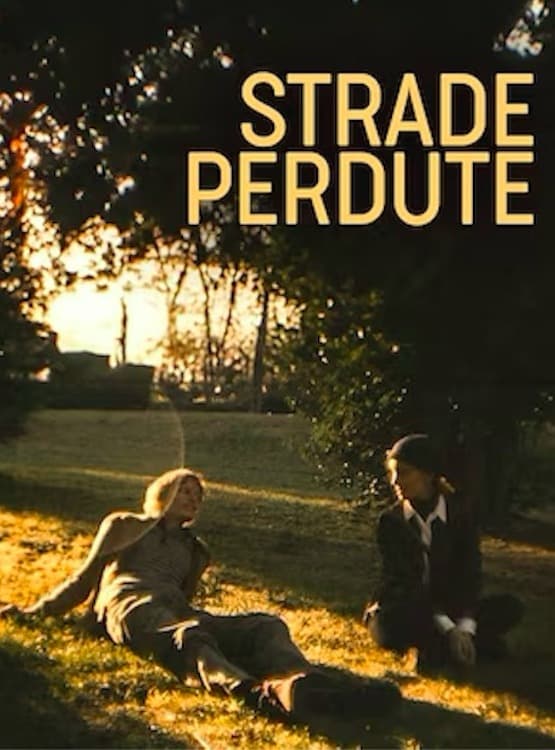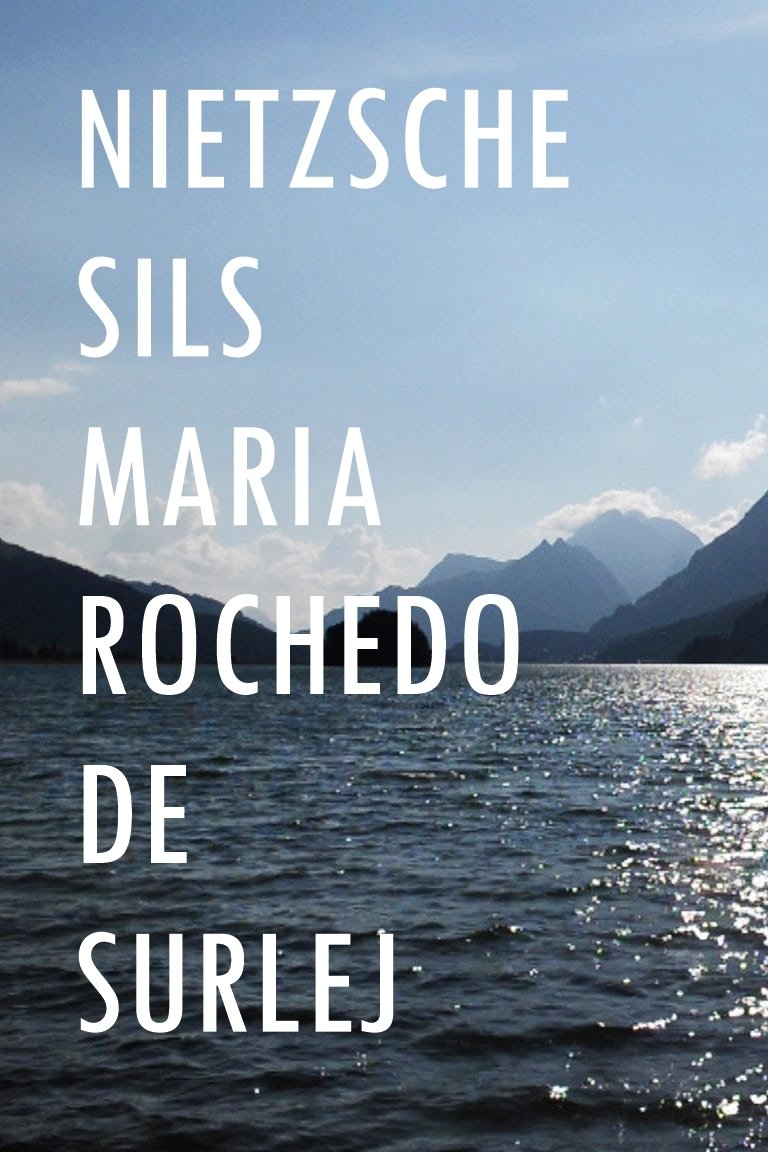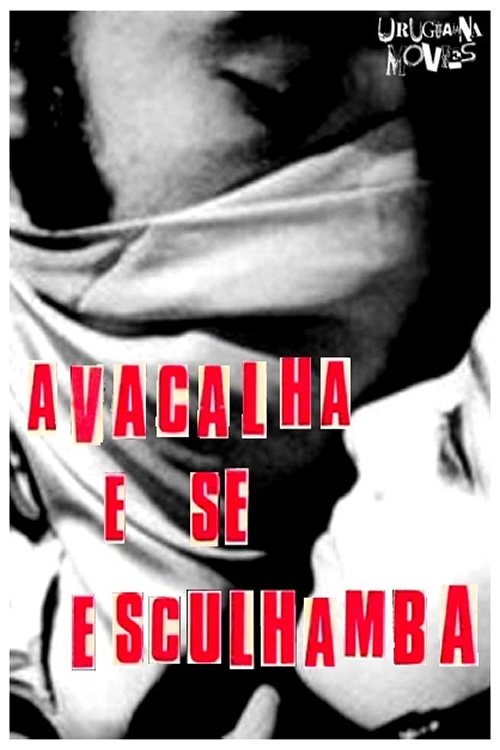

Júlio Eduardo Bressane de Azevedo (Rio de Janeiro, February 13, 1946 ) is a Brazilian filmmaker and writer. A representative of the Brazilian cinema marginal, he began making films as an assistant director of Walter Lima Jr., in 1965. In 1967, Bressane debuted as director with Face to Face, being selected for the Festival of Brasilia. In 1970, he founded Belair Movies in company with fellow filmmaker Rogério Sganzerla. They chose a model of making films and low-cost production and thereby managed to run six feature films in just six months. He came into exile in London in the early 1970s, but returned to Brazil several years later and made one film after another, using slapstick and debauchery as its main features. An acclaimed film of this period was the provocative Tabu, released in 1982. Critics consider Bressane the most scholarly of the Brazilian film directors, and his work is notable for the diversity of its narrative language. Another feature of his filmography is the comprehensive approach to historical and literary characters. He is also noted by his low-budget, short-time shootings, with an average of 11 to 14 days to make and edit a film. Description above from the Wikipedia article Júlio Bressane licensed under CC-BY-SA, full list of contributors on Wikipedia.

For Filmmaker Film Festival (2023), Fulvio Baglivi and Cristina Piccino...

For this behemoth, Bressane took his opera omnia and edited...

Bressane (together with his partner Rosa Dias and young filmmaker...

A documentary on the restoration of Rogério Sganzerla's 1970 film...
